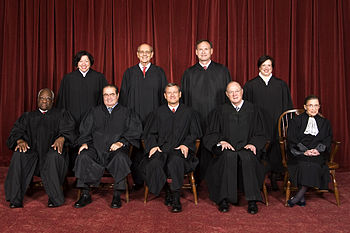By Ian Jones @IDJonesPhotog
I’ve been told by some people that I’m pretty heroic because I live with a disability. To me, I’m just living my life, metaphorically putting one foot in front of the other.
I used to think a hero had to be from Krypton or have time rewinding powers. Or more realistically, that a hero had to be a veteran of the military, a firefighter or a cop.
I’ve come to learn that’s not necessarily true. I could be an “everyday hero,” and so could you.
The Heroic Imagination Project (HIP), a positive psychology (501 c-3) non-profit organization started by Philip Zimbardo, Ph.D. of Stanford University, suggests we don’t have to look that far. Yes, veterans and firefighters are undoubtedly heroic, but Zimbardo suggests the “hero” line can be less obvious.
“Heroism may involve an impulsive action, saving a life, or may be reflective, planning a course of action to oppose injustice and immorality. … Heroes come in many forms,” says HIPs website, heroicimagination.org, “young and old, male and female, … mostly ordinary, everyday people whose acts of heroism qualify as extraordinary.”
According to the American Psychological Association, HIP is partnering with Psi Beta, the national honor society for psychology students at community colleges — which has a chapter at Las Positas — to train students “to deliver interventions in middle and high schools.” The goal is to create “everyday heroes,” who “are willing to help others in need or defend a moral cause despite potential costs and risks to themselves.”
Students in the program start by exploring how they think they’d react to a situation, using videos or listening to stories. Next, they reflect on times they acted or didn’t act as they should, and decide whether they need to improve their skills.
They study what holds people back from heroism. They then develop change-making strategies for themselves. Finally, they have a chance to follow up on what they’ve learned by doing something like launching a community service project.
Zimbardo says that as much 20 percent of the population currently qualifies as heroes, and very few, if any of them have streets or bridges named after them.
In a TEDx talk, Zimbardo cites nine-year old Lin Hao from the Szechuan province of China as an example. In 2009, he was in school when an earthquake flattened the building. After he managed to escape from the rubble, he looked back and saw a couple of classmates struggling to get out. He went back to help them. Why?
“I was the hall monitor – it was my job,” Zimbardo said, quoting Hao.
HIP empowers people to take heroic action and to celebrate these heroes. “HIP’s mission is to teach individuals situational awareness, and basic skills needed to make effective decisions in challenging situations in their daily lives,” says Zimbardo. So while we tend to put heroes on pedestals, “heroism” doesn’t have to be a special quality few possess.
Back to the question at the beginning of this column: Am I heroic just for living my life? Not really, no — but it doesn’t mean I can’t be an everyday hero, with a little effort… and the same goes for you.



